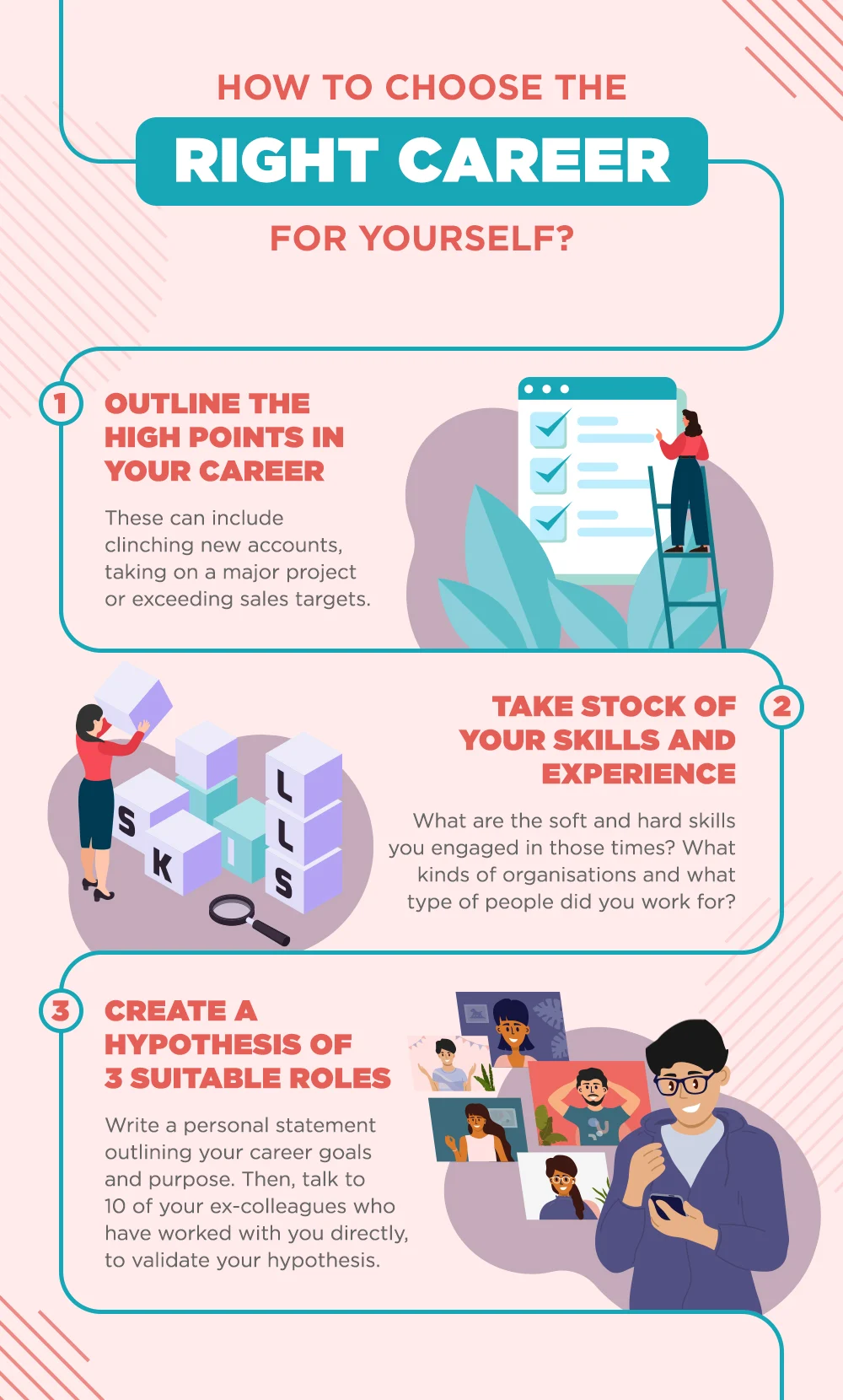Regardless of how you are doing in your career, there comes a time when you feel stuck, and you can’t help but question if you should stay in your job or leave.
According to Patrick Kay, a leadership and career coach at leadership coaching firm Pacific Pillars LLP, it’s surprisingly common to feel discontented and unmotivated at work. Even high-performing individuals can feel trapped in their jobs.
Patrick explains a few possible reasons.
“Sometimes, your life situations and motivations change, such that you no longer feel engaged by your work. Another reason is that some individuals struggle to influence others at work, so they find it difficult to accomplish their professional goals, resulting in them feeling stuck,” he said.
Other possible reasons could be that your strengths are not utilised in the workplace. Or, maybe you have no idea what your strengths and aspirations are in the first place, so you feel lost and directionless.
To add to it, the pandemic may be exacerbating these feelings and increasing our sense of dissatisfaction.
Elaborating, Patrick says: “If you work for a micromanager who is suspicious that you are slacking while you work from home, it can heighten your negative feelings, especially when you are already feeling stuck.”
What to do when you feel stuck in your job
It’s painful to feel trapped in your job but the good news is that there are ways to break out of it. And that does not necessarily mean you have to look out for greener pastures.
Patrick shares a step-by-step guide on what you can do.
1. Do a self-check
The earlier you identify the signs of being stuck, the faster you can act on them to improve your situation. Look out for one of these telltale signs:
- Feeling bored and unmotivated at work
- Feeling easily frustrated with your colleagues or the people around you
- Making more mistakes as you put in less effort
- Feeling like nothing you do is adding value
2. Examine your interests and aspirations
Once you realise that you feel trapped in your job, take the time to assess your interests, strengths, and aspirations to gain a better understanding of how they are aligned with your work.
If you are unsure about what those could be, Patrick suggests conducting an appreciative inquiry. This method is based on an organisational management concept where one identifies their high points to build on, instead of searching for answers to address their weaknesses.
How to choose the right career for yourself

Explaining why this process works, Patrick says: “Many individuals have an incomplete picture of their career because they see it from an introspective perspective. However after talking to their colleagues, they can fill in the gaps based on the opinions of others who have worked closely with them. So, that will paint a more complete picture and provide a better guide for their careers.”
3. Assess your career options
Now that you have a better idea of the possible areas you can act on, try speaking to your superiors to see if you can take on projects that fit your strengths and interests. You can also consider a job rotation or upgrade your skills to take on another role in your company.
4. Maintain a positive mindset
It is easy to fall into a negative spiral when you feel that things are not going well. So, try approaching your friends, family, or career coach if you need emotional support and guidance.
The problem with being stuck in a rut is that it is very easy to remain there despite your discomfort. You may think that things will improve, or your supervisor will notice your discontentment and approach you to resolve the issue. But rather than passively hoping for things to change, it’s better if you take charge and make the first move to get yourself out of it.















